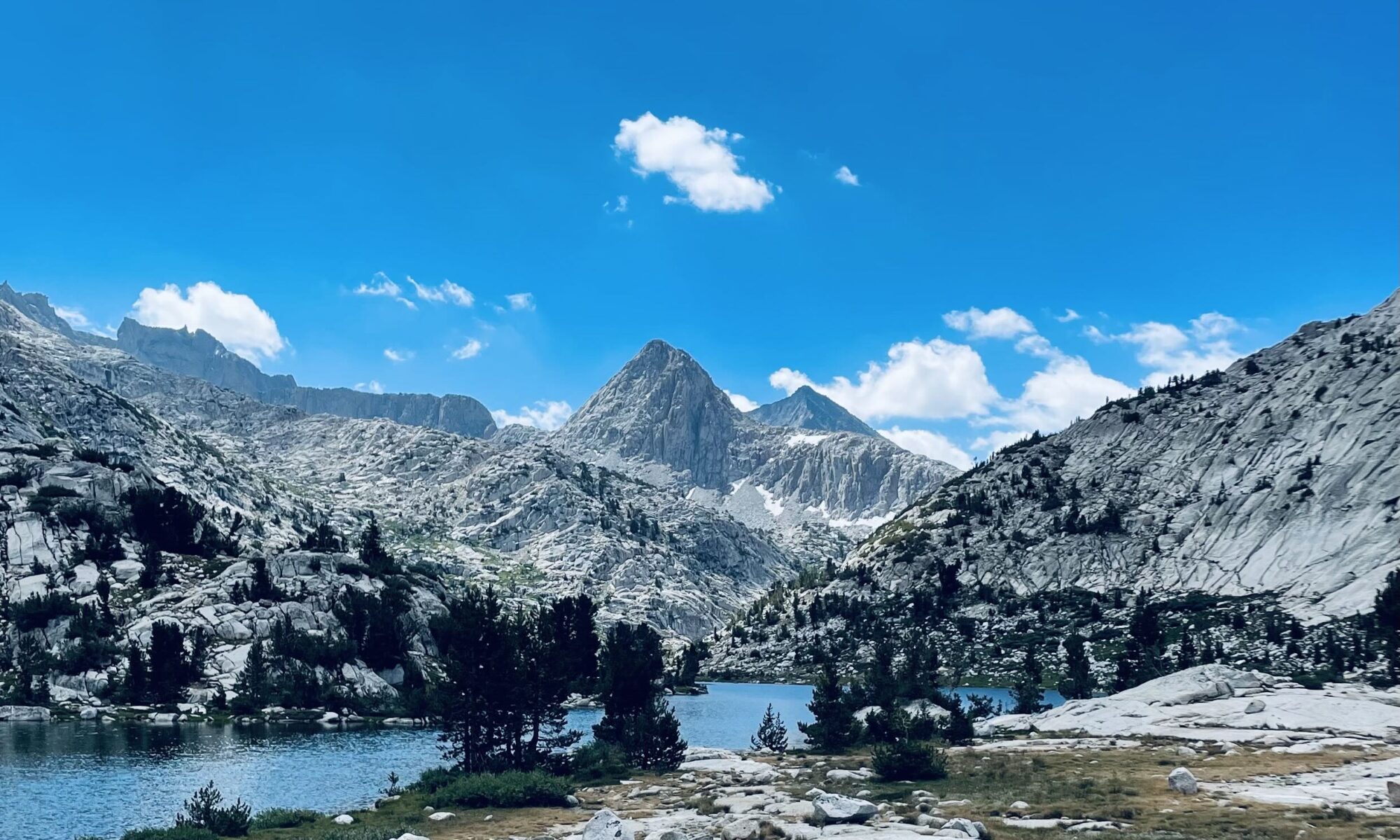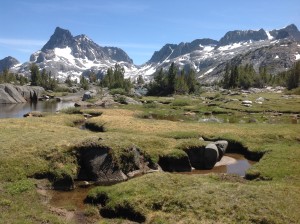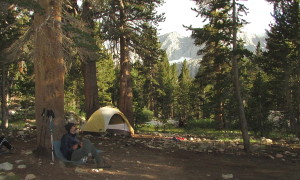While this tumultuous summer unfolded, I was high in the Sierra Nevada. Former President Donald Trump survived an assassination attempt. Current President Joe Biden gave way to Vice President Kamala Harris. The stock market tumbled, but in the great mountains of California, the rocks and rivers took no notice.
The majestic indifference of the wild is humbling. In the backcountry, ethical wisdom teaches modesty, moderation, compassion, and courage.
The primary lesson is that nothing human lasts. We are temporary visitors on this planet. The mountains were here before our species evolved. They endured while wars and revolutions passed. They will remain when we are extinct.
Wild nature mocks our hopes and dreams. The ice that carved Yosemite over millions of years was a thousand feet deep. The planets move in a cycle that lasts 26,000 years. But human civilizations only appeared 6,000 years ago. And every human being we know will be dead in 100 years.
The scale of the wild can overwhelm. But in being overwhelmed, we can also find freedom and inspiration. Nature transcends the buzzing clamor of political life. In the human world, each moment appears as a crisis. The news assails us with tales of mayhem and wickedness. Our screens flash and whine. And we find ourselves seized by anxiety and seduced by passion.
But the rhythm of the seasons is steady and true. The melting ice flows down familiar channels every summer. And the snow returns in the fall. Human-generated climate change may impact this relentless cycle. But even if the waters dry up, the granite will endure.
The wild reminds us that everything human is shallow and fleeting. Only when we acknowledge the vast indifference of things can we think clearly about what counts as living well.
Out on the trail, an ethic emerges. Its first commandment is humble self-reliance. Once you leave the trailhead, you must be self-sufficient. Every choice you make is your responsibility. No one will save you if you fall. You must understand your limitations. Be prepared. And keep your wits about you.
You carry your means of life on your back. What you can’t carry, you must leave behind. And so, simplicity emerges as a commandment. Our closets and minds brim with unnecessary stuff. But on the trail, spare socks are a luxury. And cold, clear water is as good as wine. What do you really need?
There is also friendship on the trail. One of the great joys of hiking is the camaraderie of those who walk together. And the strangers you meet in the outback are almost always kind and joyful. Compassion emerges easily in the backcountry.
But this friendly sociality also respects solitude. Be kind. But mind your own business. Keep your voice down and leave others alone. If someone is lost or in trouble, help them. But don’t insist. Everyone hikes at their own pace.
Remarkably, those who are hiking the farthest appear to be the happiest. In my relatively short trips this summer, I met a handful of hardy souls walking the entirety of the Pacific Crest and John Muir Trails. They were almost always smiling. When the rain and lightning come, they laugh. Good humor is as much of a necessity in the mountains as are courage and fortitude. Without a smile and the will to endure, the trail is punishing and a tent becomes a prison cell.
Finally, as every backpacker knows, you should leave no trace. Humans tend to want to leave a mark. Civilization is a kind of graffiti that has slashed and burned across the planet. The wild places are special because they remain unmarked. Don’t cut the switchbacks. And leave the campsite better than you found it. The next group of hikers, and next generation, will appreciate your moderation and self-restraint.
These same lessons apply in the city and everyday life. Seek to understand the bigger picture. Be humble and self-reliant. Simplify your needs. Be friendly and kind. But also mind your own business. Be courageous and quick to laugh. As you wander this planet, try not to leave a mark. And do your best to leave this world better than you found it.
Read more at: https://www.fresnobee.com/opinion/article290916454.html#storylink=cpy




